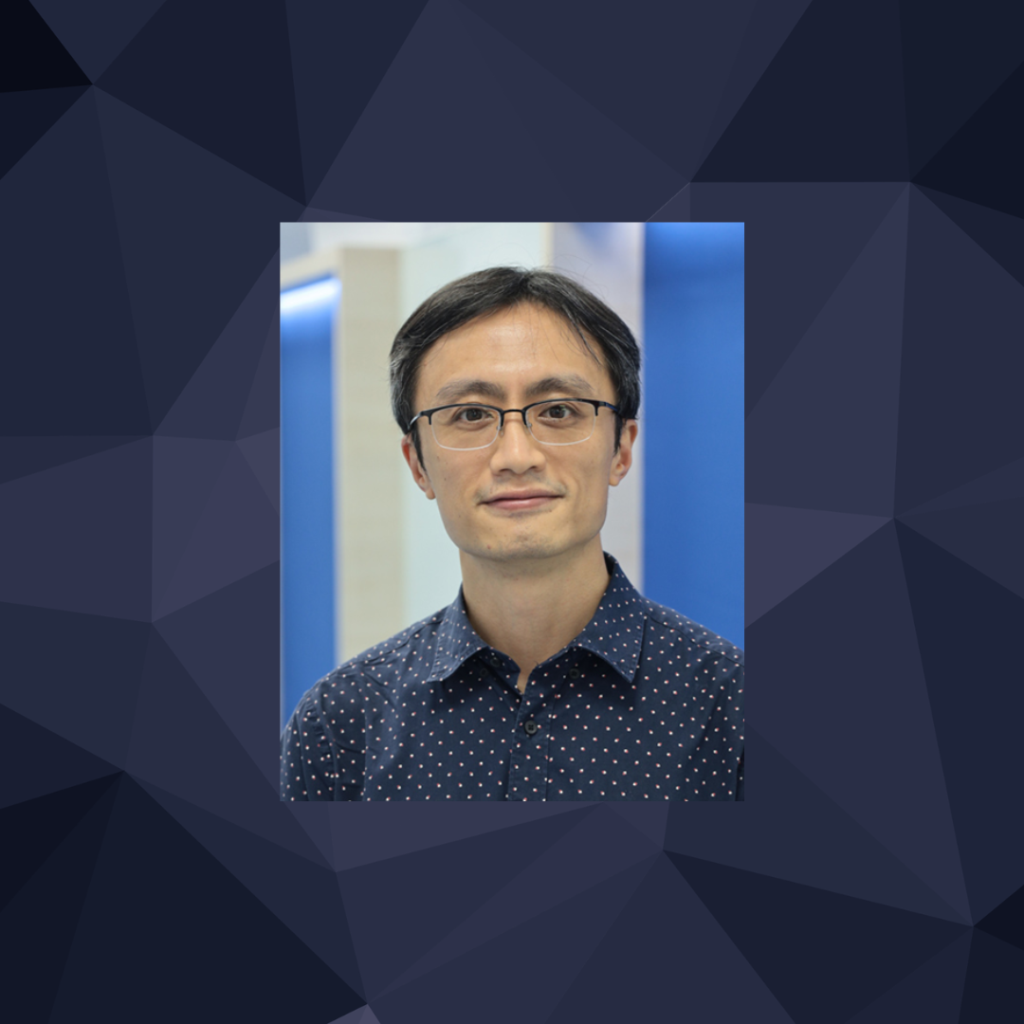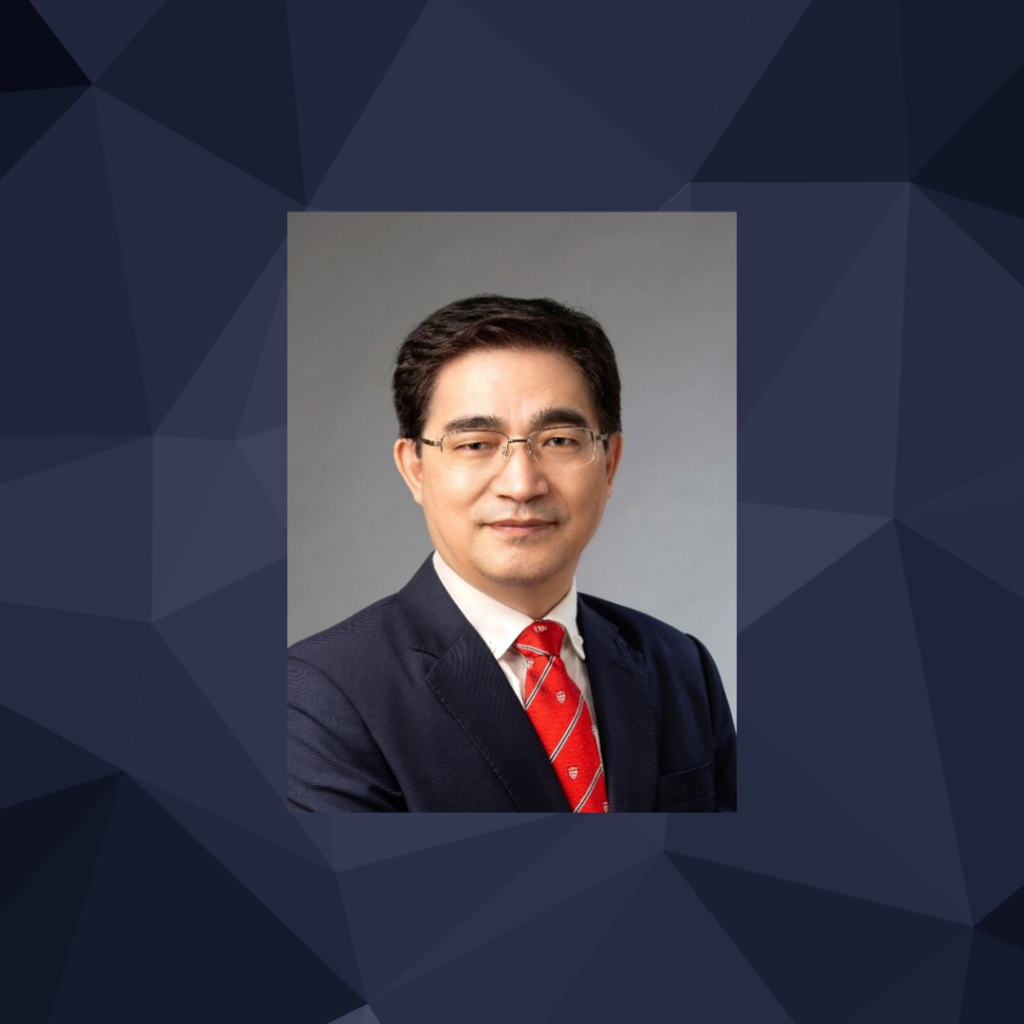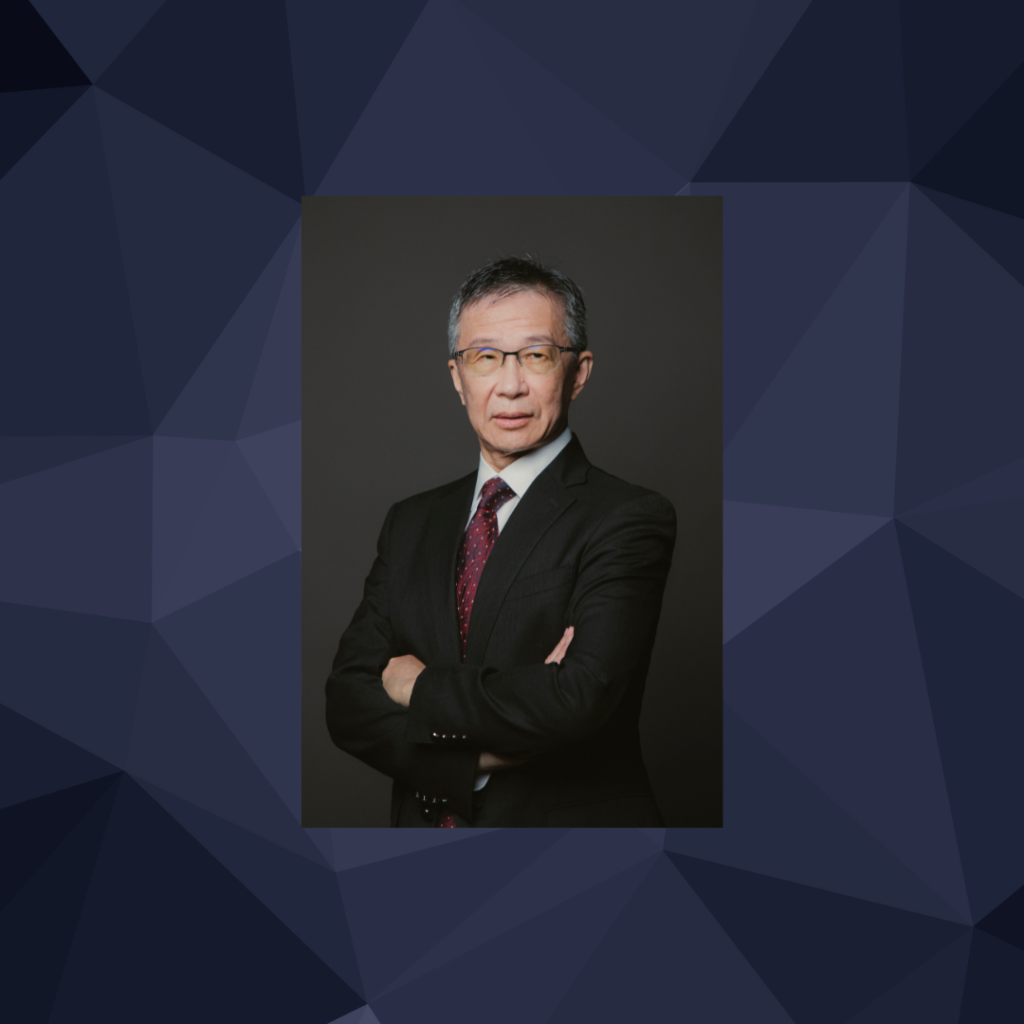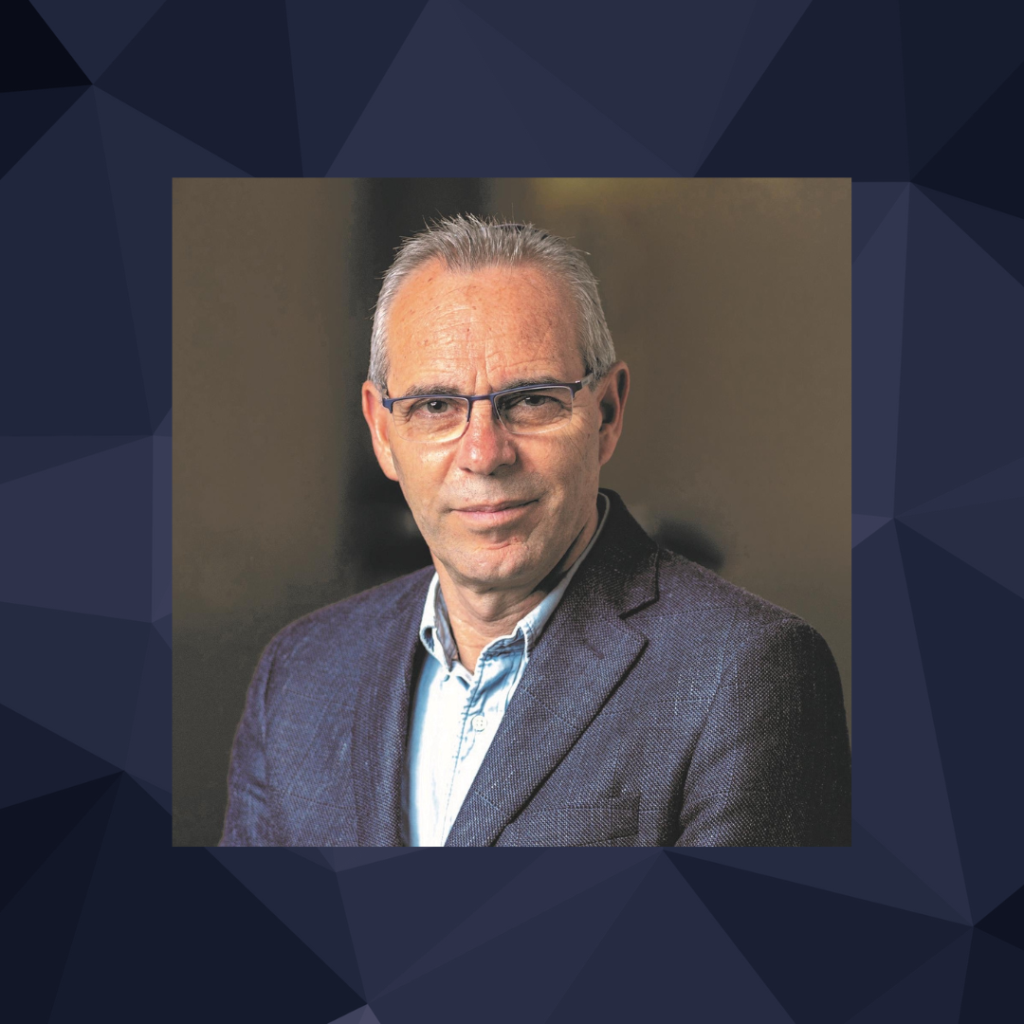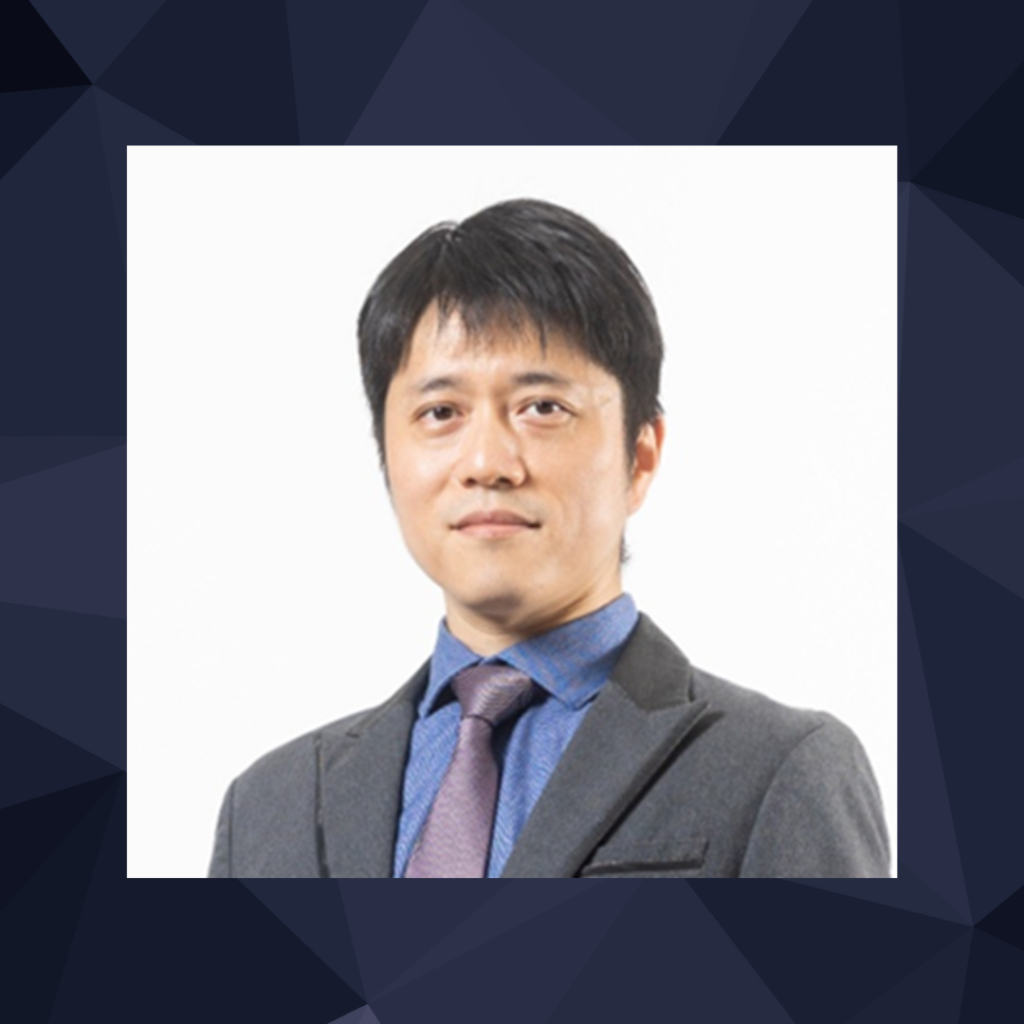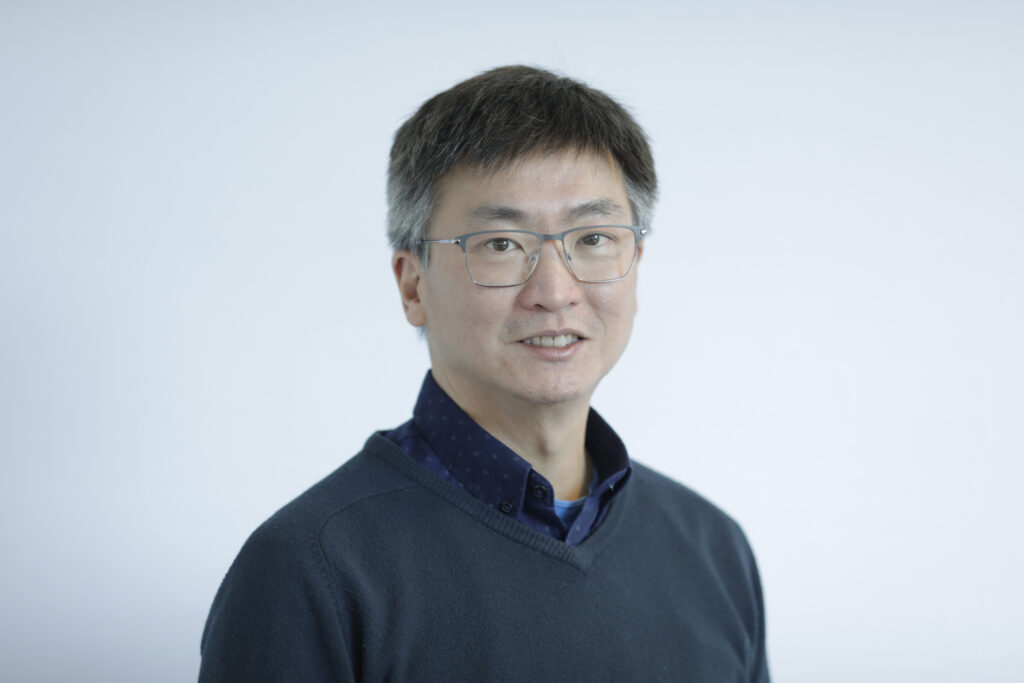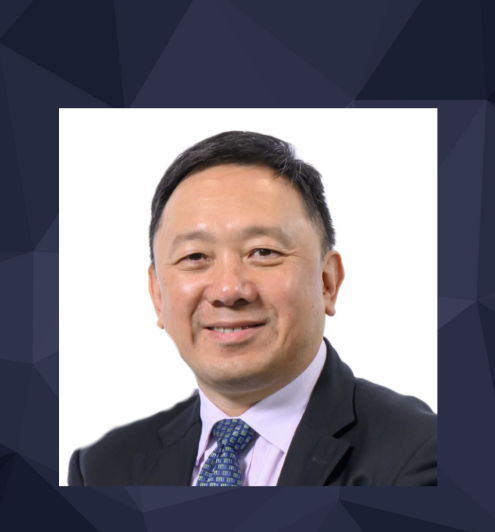TechTalk – From Brain to Neuromorphic Chips: A Tale of Two Systems Dancing
March 5, 2026 (Thursday) 4:00pm-5:00pm
In the quest for truly intelligent computing, we’ve discovered that the most powerful breakthroughs emerge when two complementary systems “dance” together rather than working in isolation. This talk presents four distinct research achievements that surprisingly share a common thread: dual-system collaboration. We demonstrate (1) brain-machine co-evolution enabling real-time drone control with 20% performance gains, (2) data-hardware co-alignment through adaptive ADCs achieving 146× energy efficiency, (3) noise-driven dual-network training reducing power by 21×, and (4) security-compute co-location on RRAM chips saving 17.6× area. Beyond individual technical merits, these works reveal a fundamental design principle spanning from biological to artificial intelligence: true intelligence doesn’t arise from perfecting single systems, but from orchestrating the dance between complementary partners. This insight opens new pathways for neuromorphic computing, brain-computer interfaces, and human-machine collaborative intelligence.

